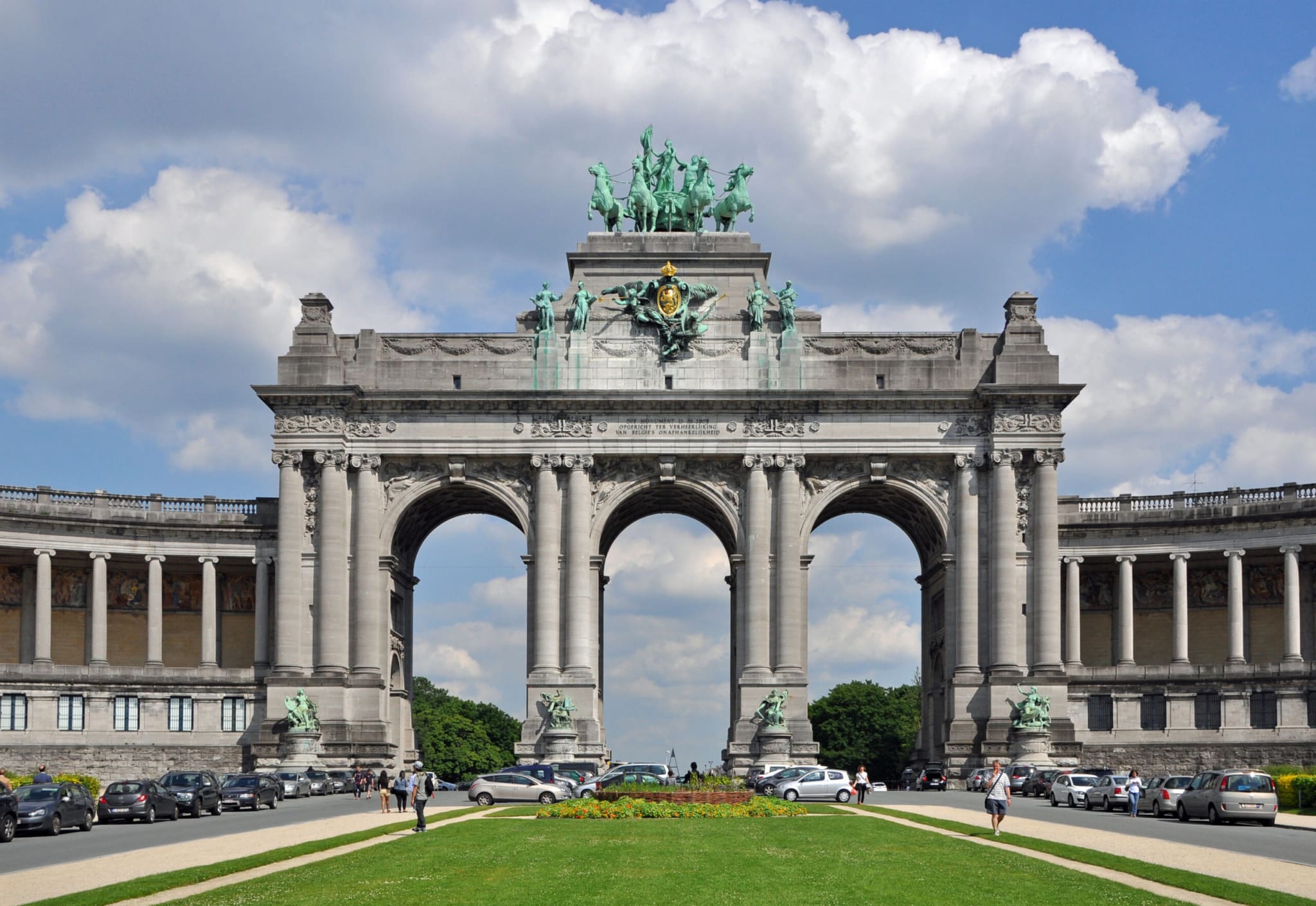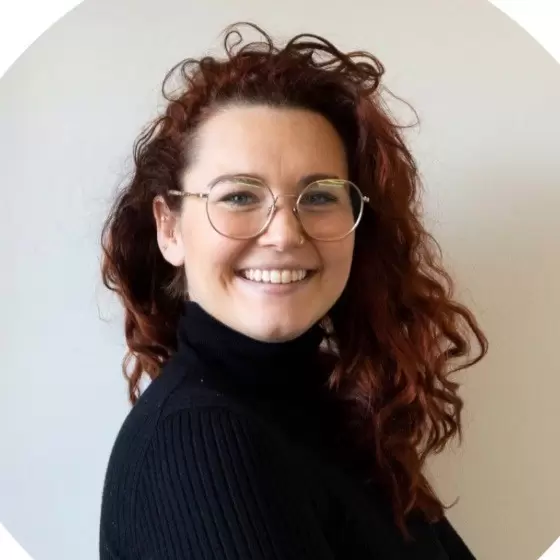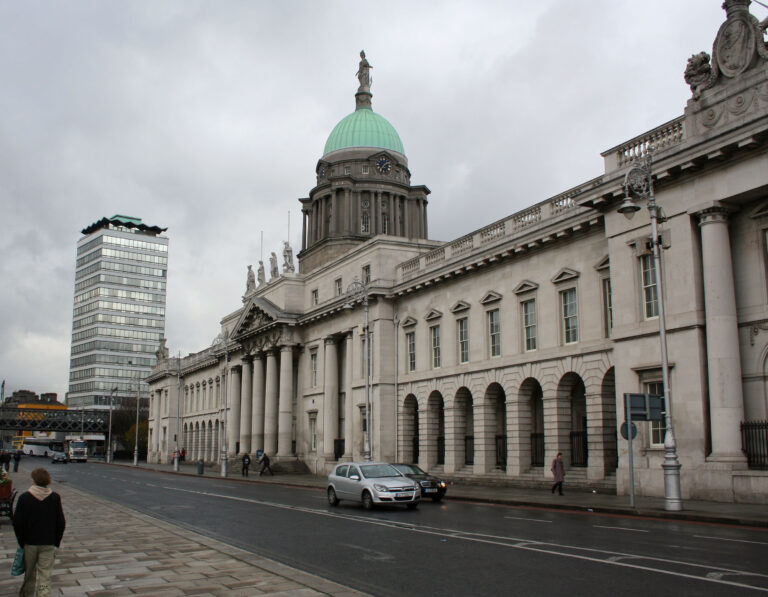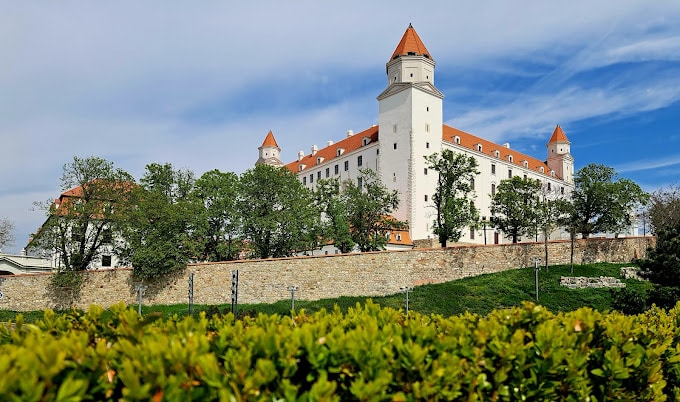Life in Brussels, Belgium as an American Student
As I mentioned in my last blog, Brussels is not my favorite city in Europe. Recently, I spent some time with Jared, and his friends, Sebastian (from Luxembourg) and Lisa (from Atlanta) to find out their opinions on student life in Brussels.
They all appreciate the offerings of the urban atmosphere. Of course, no car is needed and they are able to get anywhere they need to go on foot or by train. Though Brussels is known as a somewhat ugly city, the Grand Place is truly beautiful. In some cities, it is hard to find student residences in the city center. Jared and Sebastian, however, live very close to the Grand Place and Jared frequents a coffee shop right in the square. If I were experiencing the Grand Place and it’s surroundings on a regular basis, my impression of Brussels might be different.
Jared and his friends all appreciate the perspective gained from the different backgrounds of the students in their classes and residences. In some cities, diversity is limited to the university student population. This is not the case in Brussels, which is an incredibly international city. The diversity is further increased by the fact that one’s social life is more often associated with their place of residence than solely with their program or school. This allows students to have friends from schools all around the city.
Belgium has two official languages. Flemish, a dialect of Dutch is spoken in the northern region, while French is spoken in the south. Brussels is actually in the northern region but has special status as the Belgian capital and both languages are spoken. I had a really interesting conversation with Sebastian about how the Belgian economy and population in different areas affects the perception of Belgians who speak each of the languages.
Alright, let’s get to the elephant in the room which is, of course, safety in Brussels. Jared and his father were in Brussels on March 22nd, 2016 visiting KU Leuven when the bombing of the metro and airport occurred. Despite this first-hand experience, he still chose to make Brussels his college home. Jared, Sebastian, Lisa and I discussed their perceptions of safety, as it pertains to terrorism in Brussels. They all had a really good perspective on it and noted that terrorism can and has happened in many cities around the world, including US cities like Boston, San Bernadino, and Orlando. There is also a strong police and military presence in the city, which has increased since last spring. We discussed how horrible events can create a “new normal” of sorts. An example in the US is the regular lockdown drills in elementary schools due to school shootings. Any safety concerns that Jared and his friends have were around safety precautions you need to take in any urban area, and were not related to terrorism at all.
Universities in Brussels also have unique opportunities for the refugee issue. Vrije University Brussels, for instance, has a “Welcome Student-Refugee” program to help refugees continue their studies. They had 18 students enrolled in the program in the fall of 2016. Some of these students are in English-conducted Social Science program. Students in this program include refugees as well as students from expensive UK private high schools. Talk about a range of perspectives in the classroom!
Jared and Lisa both attend KU Leuven’s International Business Program. Though the campus is in Brussels, Lisa lives in Leuven which is about 20 minutes by train. I really wish I had the time to visit Leuven on my trip. Belgium has some incredible cities (I know it’s cliche, but I LOVE Bruges), and it sounds like Leuven is one of them. Over half of the 100,000 residents are students, which means that it has the accommodations of a student town and active student life. The city is filled with medieval architecture, has a low cost of living, and is very safe and compact. The city is also known as a technology hotspot and is part of Health Axis Europe which is a “a strategic alliance initiated by the biomedical clusters Cambridge (UK), Leuven (Belgium), Heidelberg (Germany), Maastricht (Netherlands), and Copenhagen (Denmark) in order to cross-leverage innovation resources and thus jointly increase the international competitiveness.” Sounds like some great internship and job opportunities there!
An administrator told me that one needs to really know Brussels to appreciate it. Given the diversity, culture, opportunities provided by the UN and NATO offices, and ease of exploring Belgium and Europe as a whole, I’ve decided that I was premature in my negative opinion. Student life in Brussels has a lot to offer.











